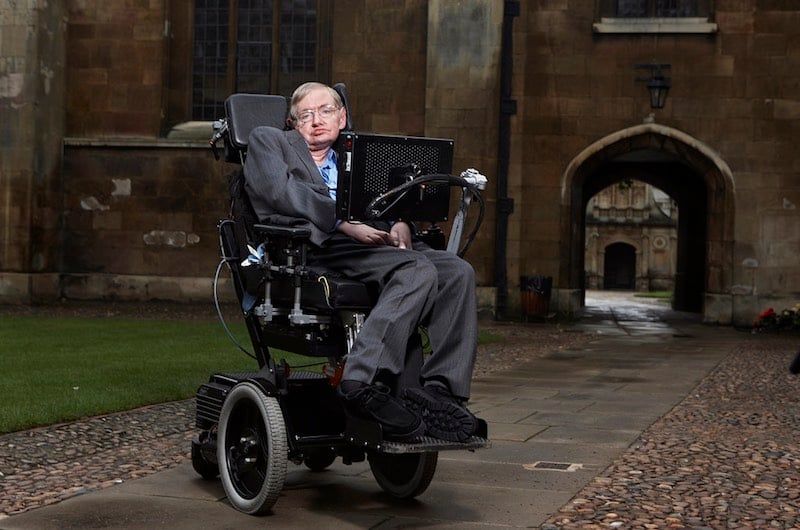Newsletter Signup - Under Article / In Page
"*" indicates required fields
Oxford BioDynamics has presented data from a new diagnostic test that could help not just diagnose ALS but also help patients get a personalized treatment.
Amyotrophic lateral sclerosis (ALS) is a motor neuron disease whose diagnosis comes with the hard news that most patients die merely within 3 to 5 years of diagnosis. One of the reasons is the lack of effective treatments — currently there are only two approved treatments and they can only delay the inevitable for a few months.
But another important factor is the lack of a single test to diagnose ALS. Currently, an ALS diagnosis is rather a process of elimination that usually takes about a year to reach a conclusion.
Oxford BioDynamics might change that. The British company is working on a non-invasive test to diagnose ALS that could yield results within a day by looking at epigenetics — modifications to the DNA structure that determine whether certain genes are active or inactive.
At the World CNS Summit, Oxford BioDynamics presented data from two clinical trials gathering over 300 patients to study the ability of its EpiSwitch test to diagnose ALS. The company has found a group of eight epigenetic markers that can predict ALS in 87% of patients with the disease.
On top of that, the company found another nine markers that, when measured at 3- and 6-month intervals, can predict whether the patient has a disease subtype that progresses faster or slower.

“ALS proves to be a very difficult disease and with a lot of failures in clinical development,” says Alexandre Akoulitchev, CSO of Oxford BioDynamics. He states that their test could help the development of new treatments by helping select the right patients for a clinical trial and “match treatments with subgroups of patients.”
According to Akoulitchev, the next step will be looking further into the data to better establish ALS subtypes and analyze whether there are ethnic differences to consider when comparing Western and Asian patients. The company’s plan is to launch two separate tests, one for ALS diagnosis and another to stratify the patients according to ALS subtypes.
Efforts to develop better treatments for ALS are on their way. In France, AB Science is awaiting approval for its drug masitinib. In Switzerland, AL-S Pharma is developing an antibody treatment. And Spanish researchers are bidding for stem cell therapy. The arrival of a test for ALS diagnosis could help determine which treatment is best for whom and increase the chances of ALS patients to live better and longer.
Images via whanwhan.ai /Shutterstock; Lwp Kommunikáció /Flickr






